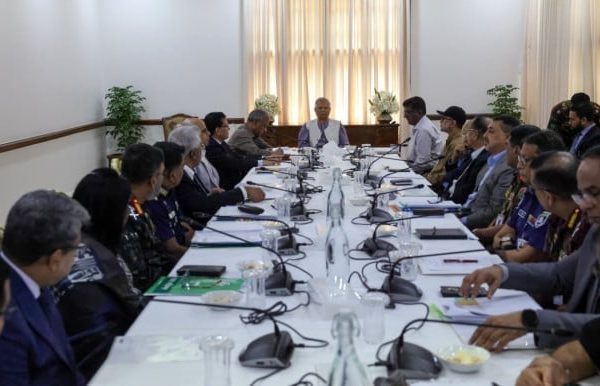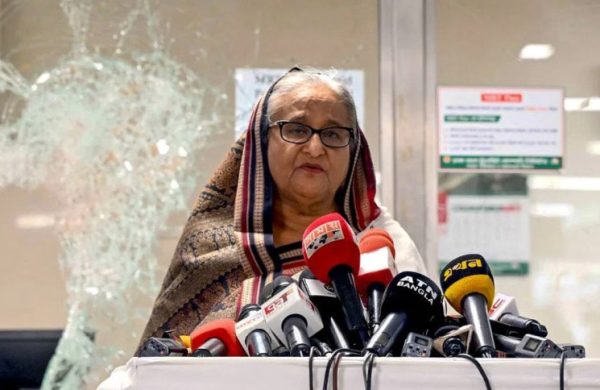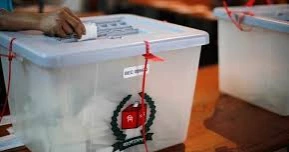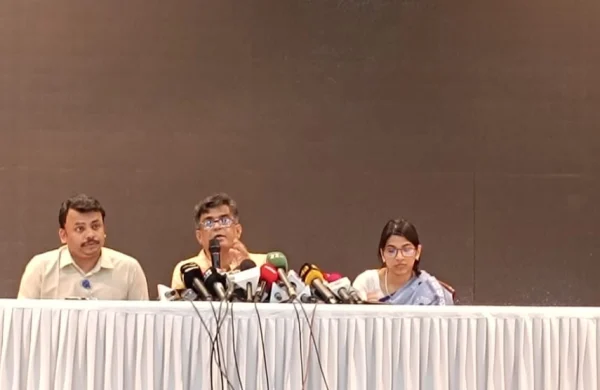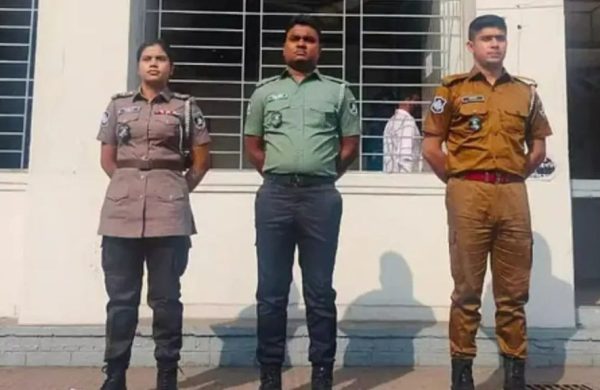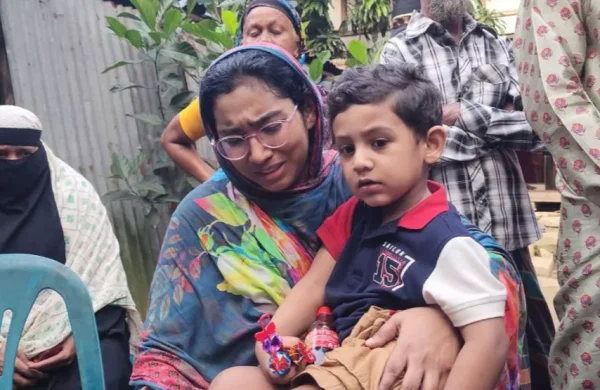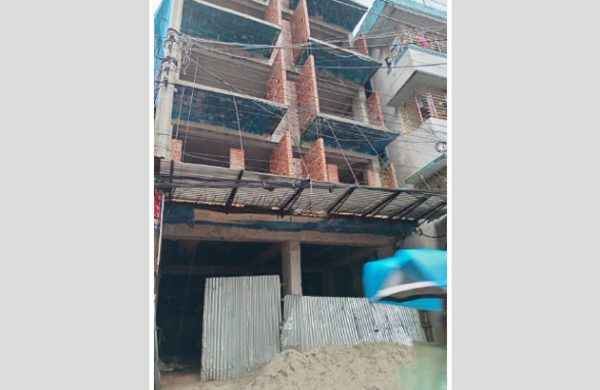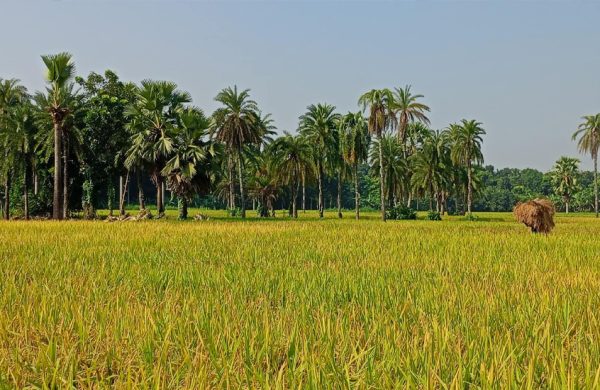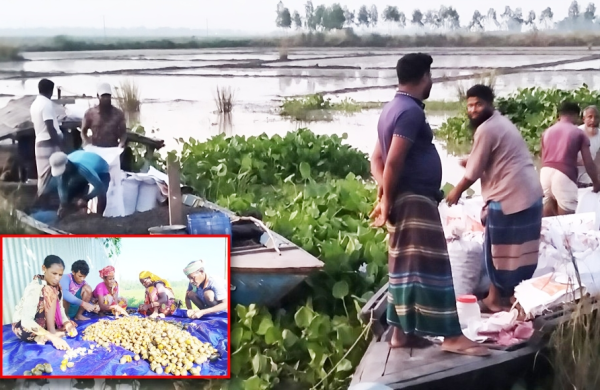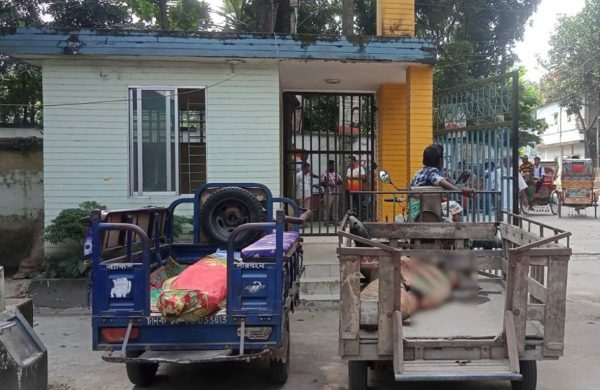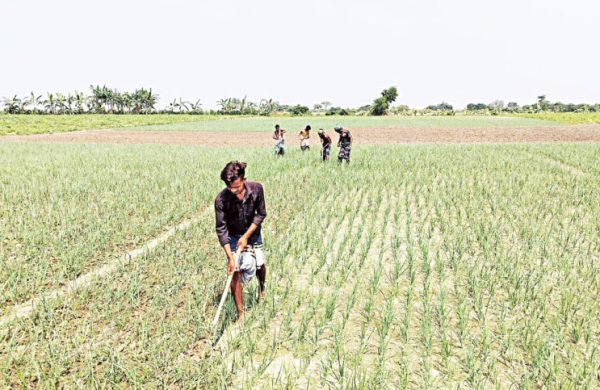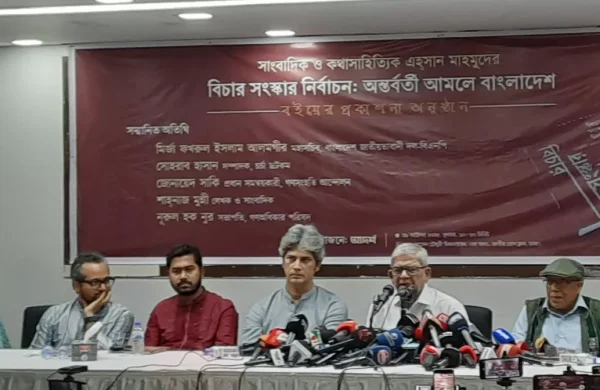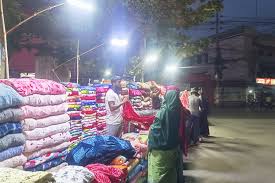Revocation of freedom fighter status for Sheikh Mujib, 400 leaders proposed
- Update Time : Friday, March 21, 2025
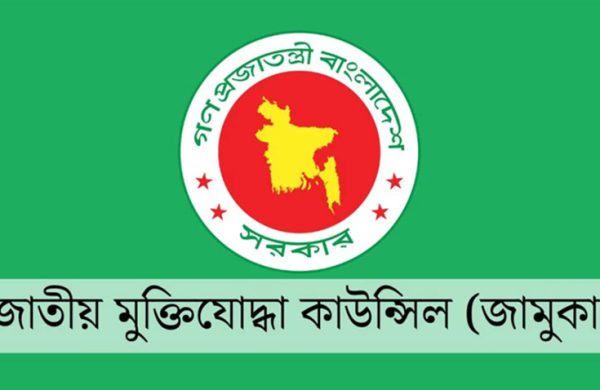
Staff Correspondent:
A proposal has been made to revoke the official recognition of Father of the Nation Bangabandhu Sheikh Mujibur Rahman, Syed Nazrul Islam, Tajuddin Ahmad, and more than 400 political leaders from the 1970 elections as freedom fighters.
Instead, the amended draft of the National Freedom Fighters Council (JAMUKA) Act has classified them as “associates of the Liberation War.”
These leaders, who were elected as Members of the National Assembly (MNA) and Members of the Provincial Assembly (MPA) in 1970, played a crucial role in Bangladesh’s independence struggle. After the formation of the Constituent Assembly in 1972, they were included as members. However, under the proposed amendments, their status as freedom fighters will be revoked, reclassifying them as Liberation War associates.
This decision was finalized during the 94th meeting of the National Freedom Fighters Council. On March 10, Liberation War Affairs Advisor Farooq-e-Azam signed the relevant draft, which also introduces four other categories of individuals who will now be classified as Liberation War associates instead of freedom fighters.
THE FOUR NEWLY CLASSIFIED CATEGORIES INCLUDE:
- Professionals who campaigned internationally in favor of the Liberation War and influenced global opinion.
- Officials, employees, envoys, and other associates working under the Mujibnagar government.
- Artists, technicians, and journalists affiliated with Swadhin Bangla Betar Kendra.
- Members of the Swadhin Bangla football team.
If this draft is enacted, at least 10,000 individuals in the current freedom fighters’ list will see their recognition changed to Liberation War associates.
Liberation War Affairs Advisor Farooq-e-Azam explained to the media that the term “Bir Muktijoddha” (heroic freedom fighter) should only apply to those who physically fought in the war. He stated that while political leaders played a role, they did not engage in direct combat, justifying the decision to reclassify them. He emphasized that this change does not diminish their contributions but rather refines the historical narrative.
The decision has sparked controversy. Eminent historian and Emeritus Professor Sirajul Islam Choudhury criticized the move, stating that historical contributions cannot be altered by legislation. He described the initiative as unnecessary and wasteful, arguing that questioning the recognition of those who led the war is unjustified.
Human rights activist and former caretaker government advisor Sultana Kamal echoed similar concerns. She emphasized that the Liberation War was not just a military battle but a people’s struggle, where political and diplomatic efforts were crucial. She urged the government to reconsider the blanket revocation of MNA, MPA, and Constituent Assembly members’ freedom fighter status.
The revised definition of a freedom fighter in the draft law states that only those who prepared for combat and actively fought against the enemy within Bangladesh between March 26 and December 16, 1971, will be considered freedom fighters.
Additionally, Swadhin Bangla Betar Kendra artists, journalists, doctors, and nurses previously recognized as freedom fighters will now be categorized as Liberation War associates. However, medical personnel stationed at border camps during the war will retain their recognition.
Mujahidul Islam Selim, former president of the Communist Party of Bangladesh (CPB) and a veteran freedom fighter, condemned the move, arguing that it distorts history. He asserted that the war was a planned struggle led by politicians, whose contributions should not be undermined.
Liberation War researcher Harun Habib called the decision disrespectful to freedom fighters, stating that the Liberation War is a settled chapter in national history and should not be subject to unnecessary controversy.
BNP Standing Committee member Major (Retd.) Hafiz Uddin Ahmed, Bir Bikram, urged thorough review of the decision, stating that he would discuss the matter with relevant authorities.
The interim government had announced on August 14 last year that the freedom fighter list would be re-evaluated. However, rather than focusing solely on identifying fake claimants, the new initiative aims to redefine the status of many individuals who were previously recognized.
Once the proposed law is officially approved, a fresh verification process will be conducted, potentially affecting the recognition of many among the nearly 200,000 individuals listed in the official gazette as freedom fighters.
The current law defines the Liberation War as a struggle for independence between March 26 and December 16, 1971, in response to Bangabandhu Sheikh Mujibur Rahman’s call. However, the proposed amendment specifies that only those who directly fought against the Pakistani forces and their collaborators will be considered freedom fighters.
Experts believe this change could significantly impact the recognition of political leaders’ roles in the Liberation War.
The draft amendment is set to be presented at the Liberation War Affairs Advisory Council meeting for final approval before being sent to the Ministry of Law for enactment as an ordinance.
The proposed changes are expected to bring significant shifts in the recognition and status of freedom fighters, potentially leading to major controversy regarding the Liberation War’s historical narrative.


